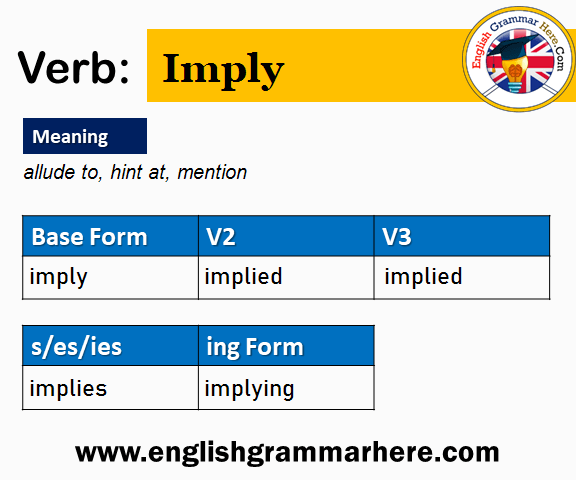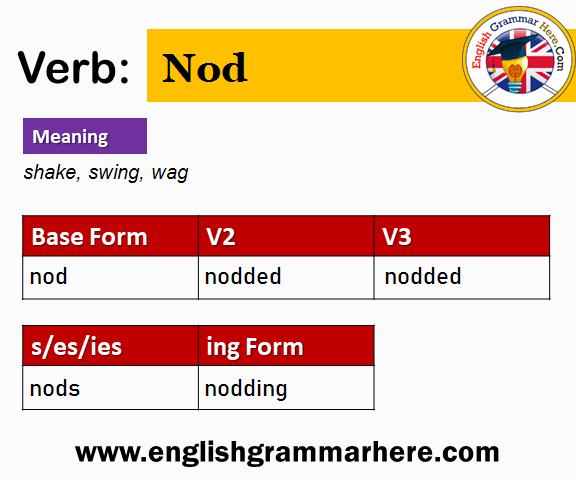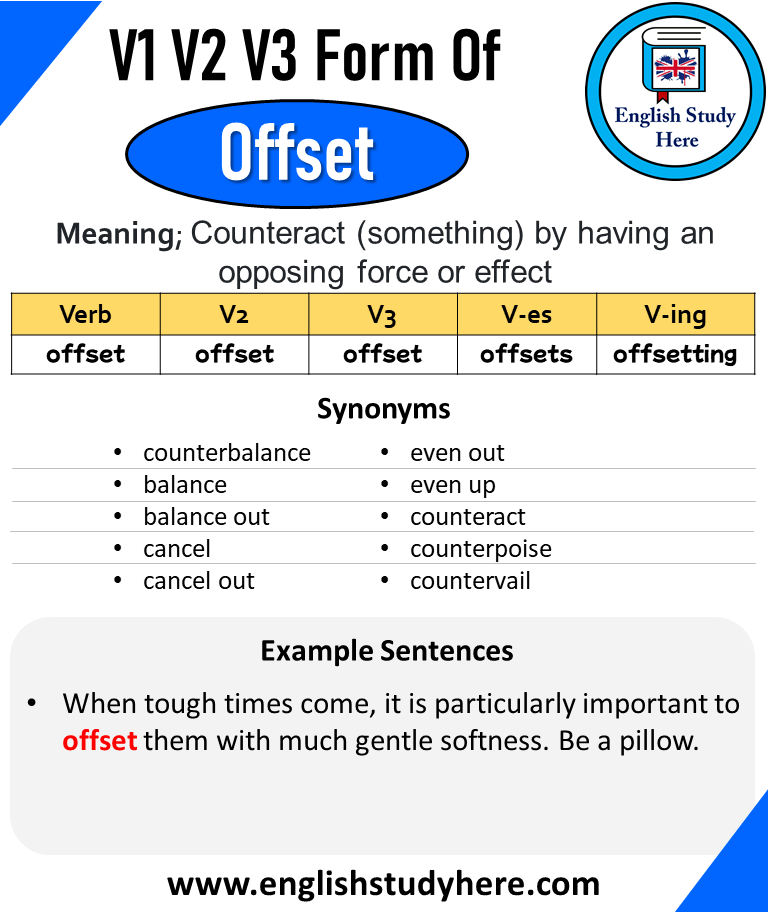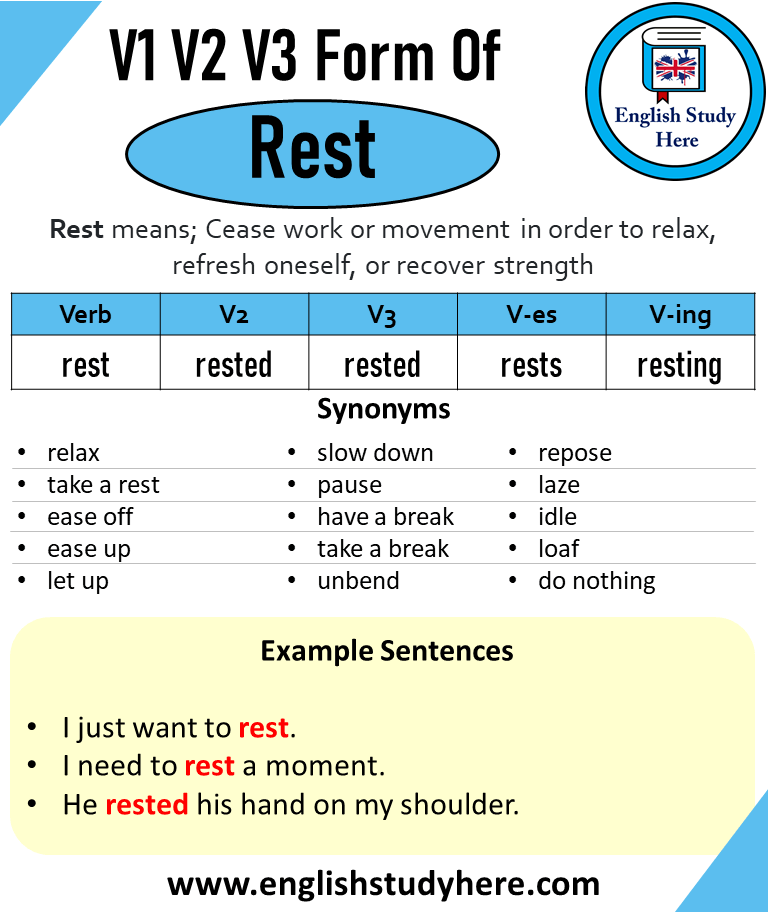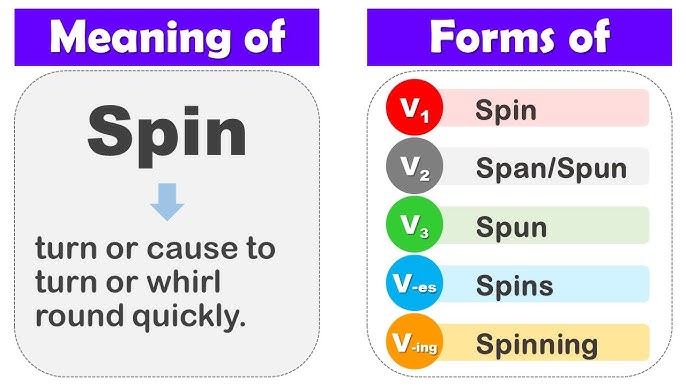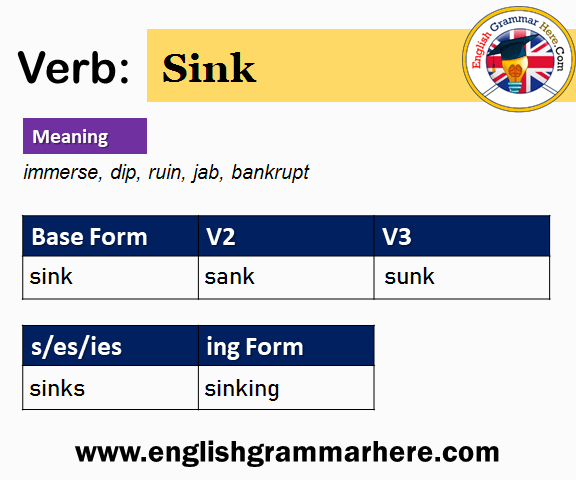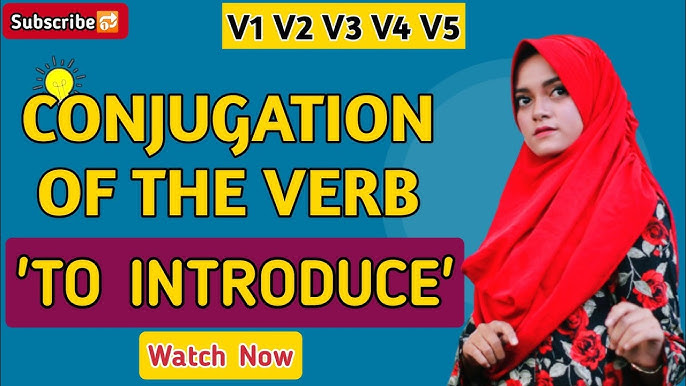Imply Past And Past Participle Form V1 V2 V3 V4 V5 Form of Imply
Are you puzzled by the various forms of the verb “imply”? Understanding verbs in their different forms can be a game-changer for your English proficiency.
Whether you’re writing an essay, crafting a story, or just aiming to improve your language skills, mastering verbs is essential. In this blog post, you’ll discover the past, past participle, and other forms of “imply,” such as V1, V2, V3, V4, and V5.
By the end, you’ll have a clear understanding of how to use “imply” correctly and effectively in any context. Dive in and unlock the power of precise language skills that can enhance your communication and make your writing more compelling.

Credit: englishstudyhere.com
Verb Forms Of Imply
The verb implychanges form. It helps show time. The main forms are V1, V2, V3, V4, and V5. V1 is the base form. This is imply. V2 is the past form. This is implied.
V3 is the past participle form. It is also implied. V4 is the present participle form. This is implying. V5 is the present form for he, she, it. This is implies.
Knowing these forms is key. It helps make sentences clear. Use the right form for each sentence.

Credit: englishstudyhere.com
Usage In Sentences
Implyis a common verb. It shows suggestion or hint. The forms of “imply” are simple. The base form is V1. Past is V2“implied”. Past participle is V3“implied”. Present participle is V4“implying”. The third person is V5“implies”.
She impliedshe was tired. They are implyinga change. He impliesyou should help. We impliedour decision last night.
Using these forms helps in writing. It makes your sentences clear. Practice often to get better.
Common Mistakes
Many people make mistakes with verb forms. The word “imply” is tricky. Imply has different forms: V1 is “imply,” V2 is “implied,” V3 is also “implied.” V4 is “implying,” and V5 is “implies.” Each form has a specific use.
Using the wrong form can confuse readers. For example, “He implied a message yesterday.” This sentence uses the past form correctly. But saying “He implies yesterday” is wrong. Always check the verb form you use.
Sometimes, people forget the -ed in past forms. They write “imply” instead of “implied.” This can change the meaning. Practice using the correct forms to avoid mistakes.

Credit: englishgrammarhere.com
Conclusion
Mastering verb forms enhances your English skills effectively. The word “imply” has various forms. Knowing V1, V2, V3, V4, and V5 forms boosts your language proficiency. Practice makes these forms easier to remember. Regular use in sentences helps solidify understanding.
This knowledge aids in clear communication. It also supports better writing and speaking. Keep practicing these forms every day. Your confidence in using English will grow. Consistent learning leads to fluency over time. Embrace this journey with patience and dedication.
You will see improvement soon. Keep going!
